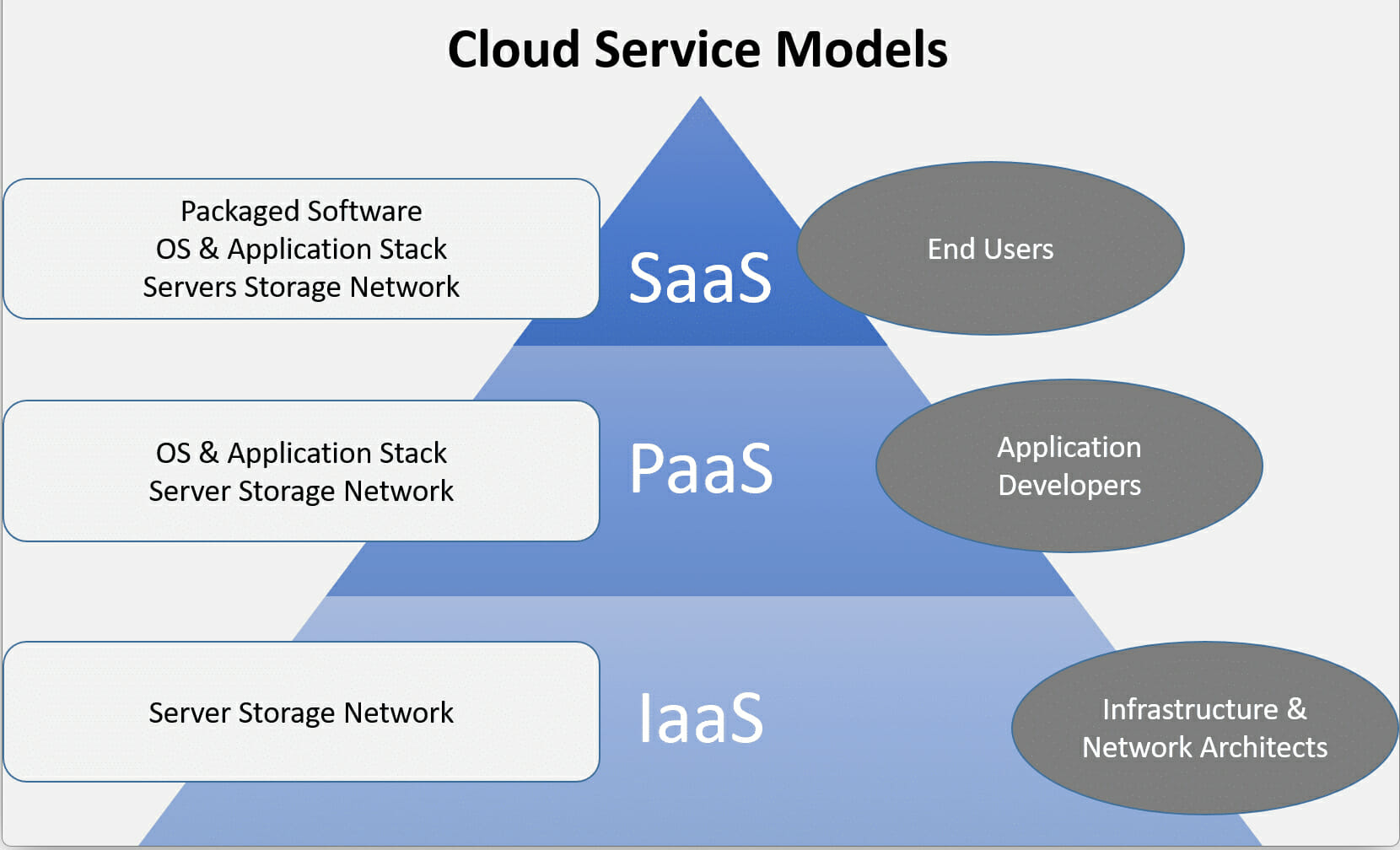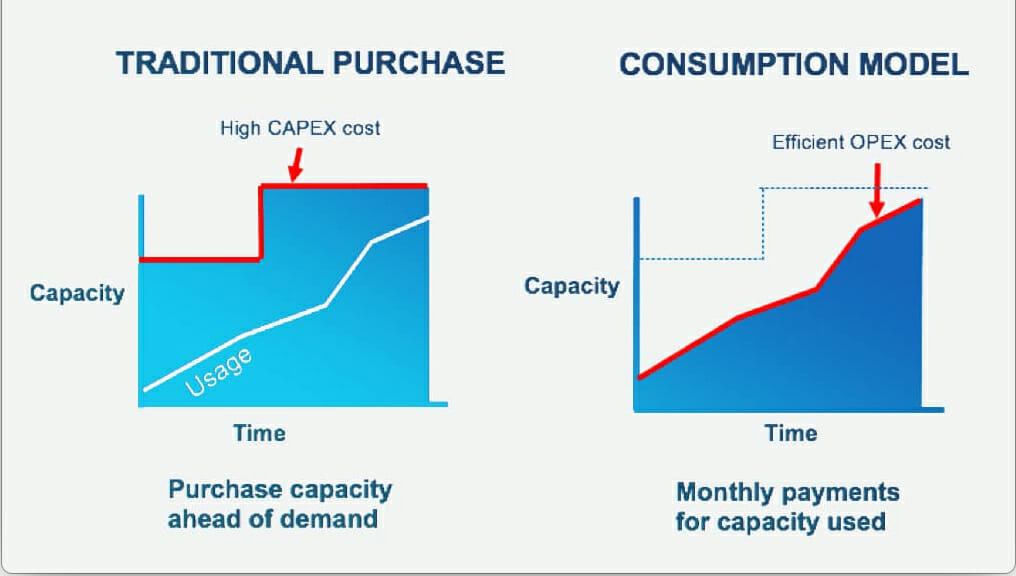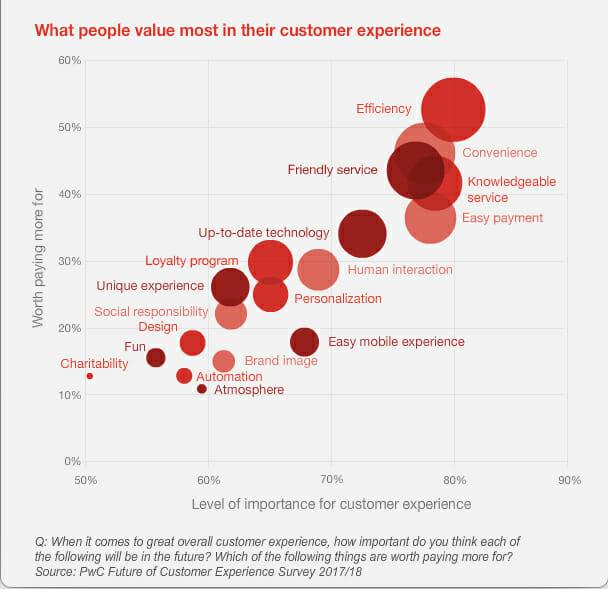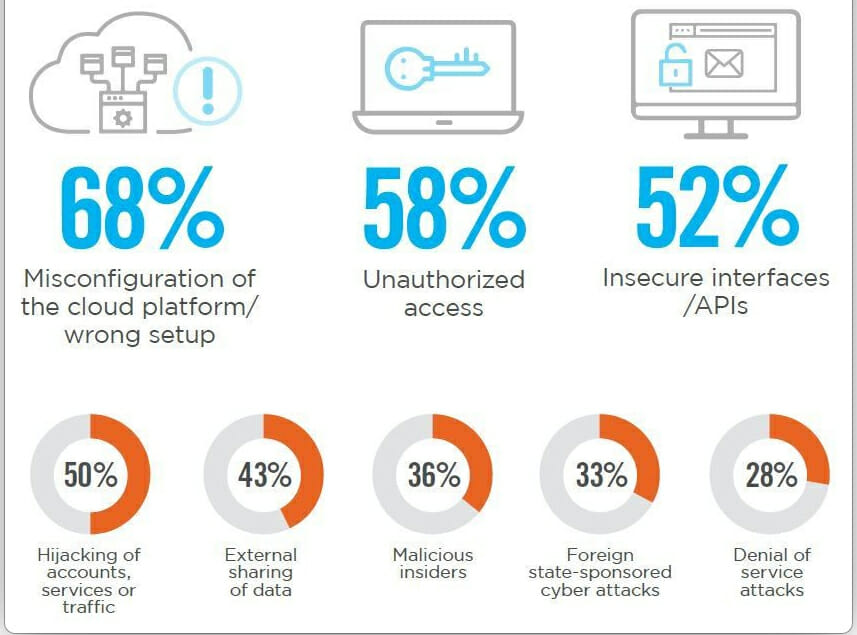Cloud computing is the delivery of a shared pool of software resources accessed via the internet instead of solely dedicated installations. It’s also referred to as Software-as-a-Service (SaaS), Platform-as-a-Service (PaaS), or Infrastructure-as-a-Service (IaaS). This allows users to access applications, files, and data from remote locations through the Internet.

It isn’t just a buzzword. Instead, it is changing the trends in telecom industry from the ground up and has become a major force for innovation and growth.
Q4 2022 hedge fund letters, conferences and more
The benefits of cloud computing are numerous:
- Gives businesses access to data whenever they need it, across multiple devices
- Allows businesses to scale up or down at any time
- Cuts down on downtime because users don't have to log in manually
- Gives companies instant access to information so they can react quickly when needed.
It also allows telecom companies to focus on core business strengths such as managing customer relationships, providing tailored services, and making better use of technology so as to increase customer satisfaction.
Let's take a look at four key ways cloud computing is changing the telecom industry forever.
Cost Reduction
Cloud computing allows telecoms to eliminate unnecessary systems and automate processes.
For example, instead of having to call technicians onsite every time there's an outage, telecoms can simply send them an alert via email or text message.
It also allows them to share resources across multiple locations, which reduces costs significantly.

This leads to a reduction in capital expenditures, which in turn results in lower operating costs on a per-customer basis as well.
Further, cloud computing allows telecoms to increase their scalability, which means they can scale up their infrastructure at the flick of a switch if required.
Improved Customer Satisfaction
Cloud computing helps telecoms improve their customer service levels by enabling them to provide better customer support through virtual assistants and chatbots that can be accessed from anywhere in the world via internet connectivity or mobile devices.

It also helps them track issues more effectively by providing real-time analytics and reporting tools that allow them to identify patterns quickly and respond accordingly with minimal delays.
The ability to access data from multiple locations further helps telecoms manage their business more efficiently through centralized monitoring and control centers.
Plus, it also allows telecom companies to offer services with more flexibility and scalability than their traditional IT infrastructure can provide.
For instance, you can access your customer records from any location at any time via the Internet instead of having them stored in one place only when they are needed most (which can increase risks).
Increased Efficiency Via Automation
In the past, telecom companies have always been considered to be a slow-moving industry due to the manual processes involved in their daily operations.
Cloud computing has changed all that by speeding up business processes through automation, making it easier for companies to respond quickly to customer needs.
Automation is the process of replacing manual tasks with repeatable processes. The more automated a process becomes, the more efficient it becomes.
Telecom companies rely on several key processes to keep their networks running smoothly: billing, service delivery, network maintenance, and equipment upgrades.
But these processes can be cumbersome and time-consuming to manage manually.
Cloud computing provides an automated solution that allows these processes to run automatically without human intervention or oversight.
Automation results in greater efficiency because it reduces the number of tasks that need to be completed by humans and increases their productivity.
Improved Security
Cloud computing has made it easier than ever before to protect information assets through encryption technology and other security measures.
Encryption is a method of cloud security that involves scrambling data so that only authorized parties can access it; it's used to protect sensitive information from malicious actors who might try to steal data or disrupt operations by deleting or corrupting files or systems.

A lot of cloud services, such as Google Docs or Office 365, offer encryption as part of their offerings.
For example, if you create an email address within Microsoft's Outlook online email service, you will be prompted to enter a password for the account — and that password will be encrypted before it leaves your computer.
From a cloud security perspective, encryption also makes it easier for organizations to comply with industry regulations like HIPAA and TSR, which require companies to store sensitive data in secure locations. The IT department can use encryption to ensure that only authorized personnel have access to sensitive data when it's stored on-premises — making compliance much easier.
Final Words
Cloud computing is revolutionizing the telecom industry by making processes that are traditionally resource-intensive and hard-to-scale cost-effective.
As a result, cloud computing enables businesses in this industry to operate more efficiently, provide users with new services, and at the same time reduce costs. Plus, it helps you provide hyper-localized service while limiting investment and risk.
Cloud computing is changing the way people communicate and express themselves, which will certainly fuel new opportunities for businesses in this area. And the future looks to be a blend of on-premise and cloud services, if not completely SaaS.






